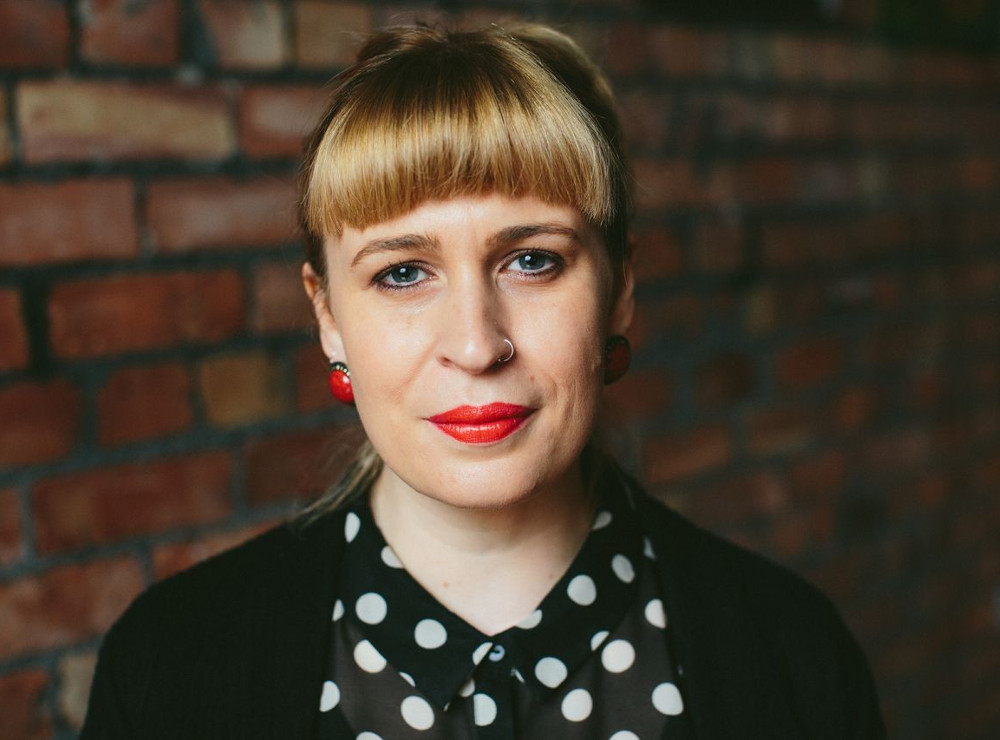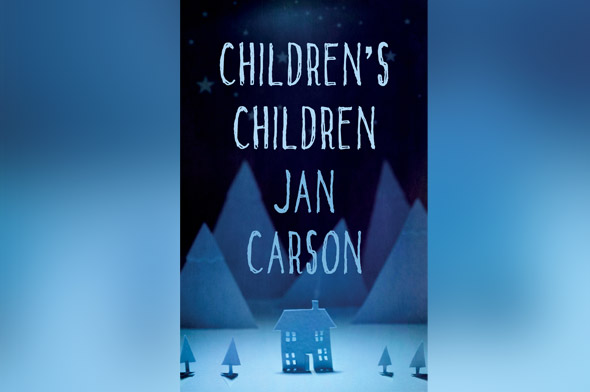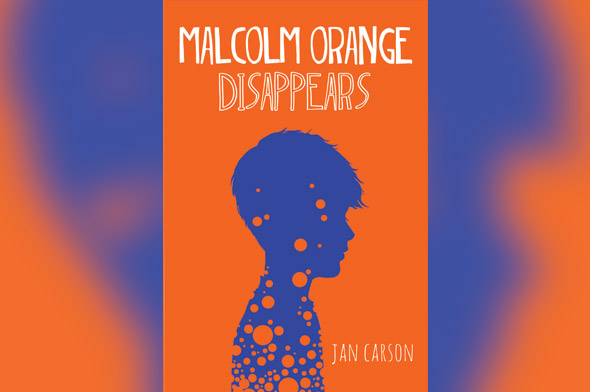Related Writers
Literature organisations
Tŷ Newydd Writing Centre
Residential creative writing courses to develop writers in Wales and beyond
Discover more
Connections

Commissions
WETHER
By Harry Josephine Giles

Literature, Live
Sebastian Faulks in conversation
Spotlight on Cheltenham Literature Festival

Literature, Live
Reading In Public is Always a Performance
SJ Fowler explores the role of poet as performer and artist

News
Open call to UK organisations
Become an ILS showcased organisation in 2017






